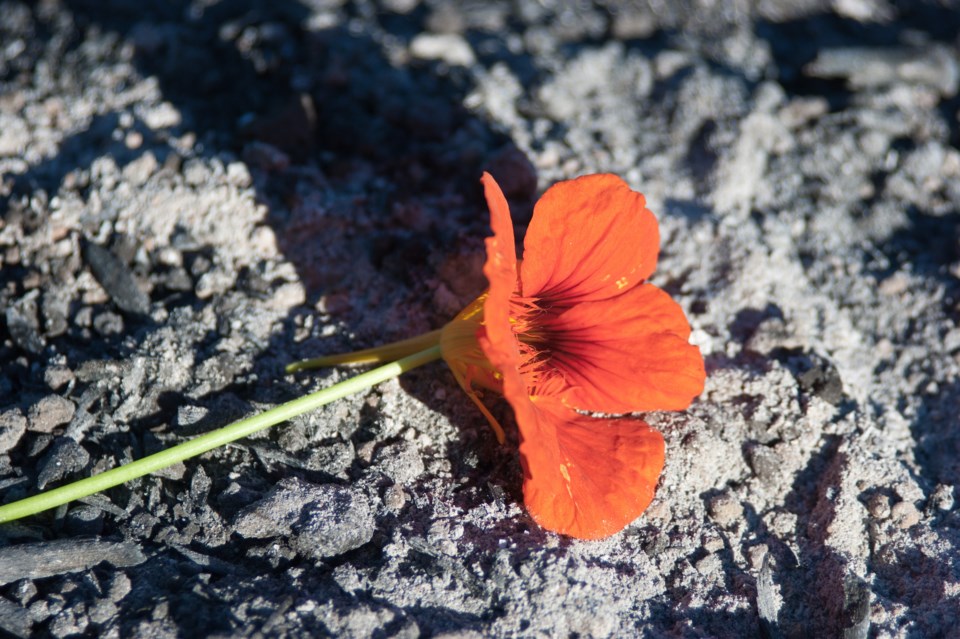NEWS RELEASE
MINISTRY OF HEALTH AND LONG TERM CARE
*************************
Ontario is increasing access to culturally appropriate mental health and addictions services for Indigenous people in eight communities along the North Shore of Lake Huron, including seven First Nations and the urban Indigenous population of Sault Ste. Marie.
Dr. Eric Hoskins, Minister of Health and Long-Term Care, was in Sault Ste. Marie today to announce support for the Pain, Addiction, Mental Health within an Anishnawbek Recovery System program, which will improve access to culturally appropriate health care services for Indigenous people in Ontario.
This program will include:
A five-day residential program for adults to address the effects of domestic violence and childhood trauma on their health. Called Beauty for Ashes, the program will support up to 265 individuals annually.
Mobile community-based clinical and support services that travel directly to communities in need to provide addiction treatment and therapy, as well as other services. More than 110 individuals will receive treatment closer to home.
Improving access to mental health and addictions services is one of many steps on Ontario's journey of healing and reconciliation with Indigenous peoples. It reflects the government's commitment to work with Indigenous partners, creating a better future for everyone in the province.
These services also align with Ontario’s First Nations Health Action Plan to ensure Indigenous people have access to more culturally appropriate care and improved outcomes.
Ontario is increasing access to care, reducing wait times and improving the patient experience through its Patients First Action Plan for Health Care and OHIP+: Children and Youth Pharmacare - protecting health care today and into the future.
Quotes
“Our government is committed to working with Indigenous partners to support culturally appropriate health care services that better meet the needs of their communities. We are pleased that, working together with Maamwesying North Shore Community Health Services, we are improving access to mental health services closer to home for First Nations communities, as well as urban Indigenous people in the region.”
- Dr. Eric Hoskins, Minister of Health and Long-Term Care
“It is through First Nation-led, informed and governed health care services that Maamwesying North Shore Community Health Services is able to provide community-based comprehensive primary health care to community members. These services are inclusive of mental wellness, addictions, traditional and healing services. We are pleased about today’s announcement from the Ontario Ministry of Health and look forward to working with the health leadership from our communities in addressing not only the physical but also the spiritual and emotional needs of community members that directly impacts their health outcomes.”
- Gloria Daybutch, Executive Director, Maamwesying North Shore Community Health Services.
“After engaging with Indigenous people and providers across the region, last fall the North East LHIN launched our Aboriginal Health Care Reconciliation Action Plan. Increasing access and developing culturally safe mental health and addiction services are among its many calls to action. We have supported Maamwesying’s innovative proposal and are pleased to see that these programs will be delivering care to Indigenous people living in North Shore communities. We look forward to working with Maamwesying to build on the program’s success and explore opportunities to introduce the program to other First Nation communities across the North East LHIN region.”
- Kate Fyfe, Interim CEO North East LHIN
Quick facts
- Ontario is investing over $2 million over three years for the Pain, Addiction, Mental Health within an Anishnawbek Recovery System program, to be administered by Maamwesying North Shore Community Health Services.
- The Beauty for Ashes program has been adapted from the successful “NUKA Model of Care” used in Alaska to address childhood trauma.
- The Journey Together: Ontario’s Commitment to Reconciliation with Indigenous Peoples outlines the province's response to the Truth and Reconciliation Commission’s Calls to Action.
- Ontario’s First Nations Health Action Plan is investing nearly $222 million over three years and $104.5 million thereafter to ensure that Indigenous people have access to more culturally appropriate care and improved outcomes.
*************************
